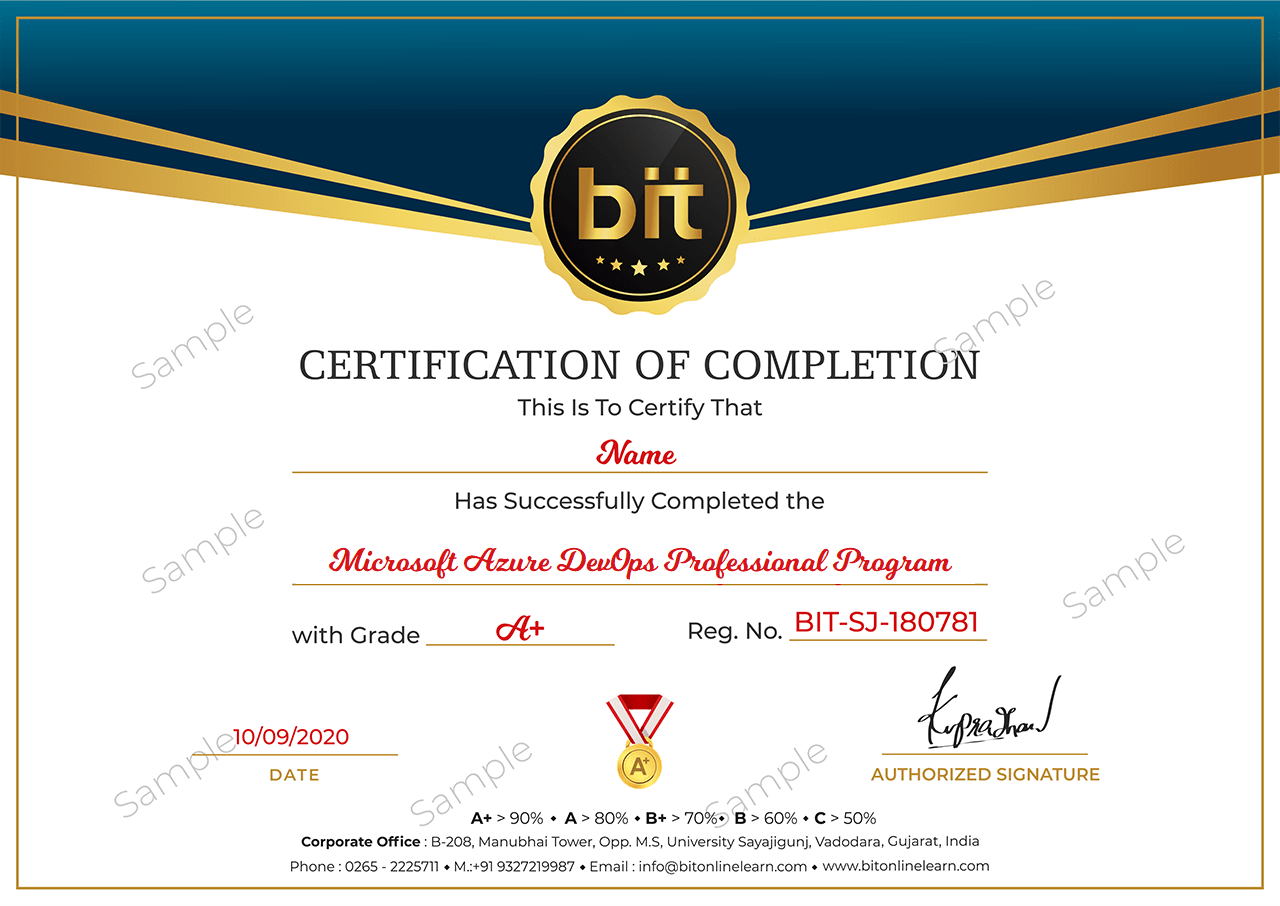Lecture-10 Set up a Release Management Workflow
· Create a Release Pipeline
· Provision and Configure Environments
· Manage And Modularize Tasks and Templates
· Integrate Secrets with the release pipeline
· Configure Automated Integration and Functional Test Automation
· Automate Inspection of Health
· Lab:
· Automating your infrastructure deployments in the Cloud with Terraform and Azure Pipelines
· Setting up secrets in the pipeline with Azure Key vault
· Setting up and Running Load Tests
· Setting up and Running Functional Tests
· Using Azure Monitor as release gate
· Creating a Release Dashboard
· After completing this lecture, students will be able to:
· Explain the terminology used in Azure DevOps and other Release Management Tooling
· Describe what a Build and Release task is, what it can do, and some available deployment tasks
· Classify an Agent, Agent Queue and Agent Pool
· Explain why you sometimes need multiple release jobs in one release pipeline
· Differentiate between multi-agent and multi-configuration release job
· Use release variables and stage variables in your release pipeline
· Deploy to an environment securely, using a service connection
· Embed testing in the pipeline
· List the different ways to inspect the health of your pipeline and release by using, alerts, service hooks and reports
· Create a release gate


 Training Course.jpg)
